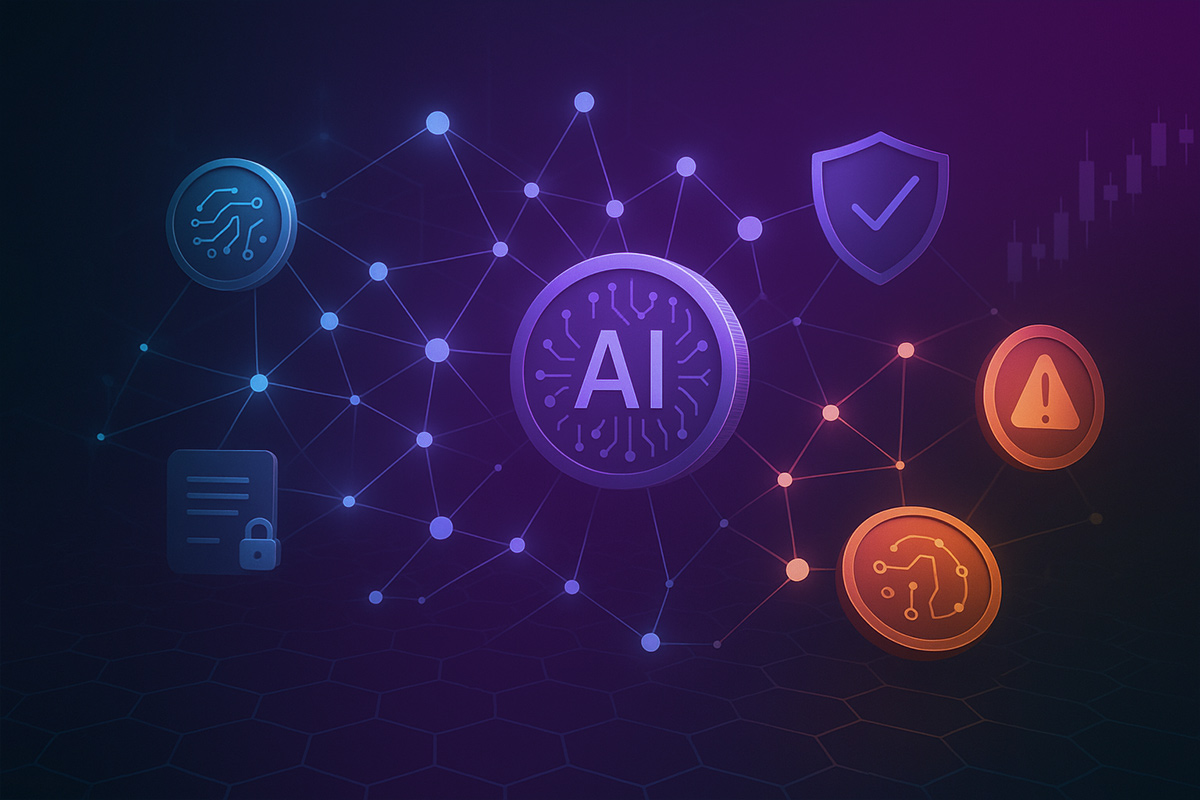
In the past year, decentralised AI tokens have emerged as one of the most promising intersections of blockchain and artificial intelligence. These tokens power platforms that allow AI services, models, or data marketplaces to operate in decentralized fashion — providing alternative incentive structures, ownership models, and business logic. In this explainer we’ll look at what decentralised AI tokens are, examine leading projects, risk factors, and future trends.
What are Decentralised AI Tokens?
An AI token is a crypto token (fungible in many cases) that is tied to an AI-based service, model, dataset, or marketplace. Users may pay for AI services with token, contributors may be rewarded with token, and sometimes governance is token-based. Examples include projects that allow developers to monetize AI models, or marketplaces where data or compute resources are exchanged for token. (arXiv)
These tokens often combine several features: utility (for paying for services), governance (token holders vote or influence parameters), staking or incentives (to encourage model training, provisioning compute, etc.) and sometimes revenue share. (arXiv)
Case Studies of Leading Projects
Here are two prominent examples illustrating how this works in practice:
-
SingularityNET (AGIX)
SingularityNET is a decentralized AI marketplace that allows developers to publish AI services (for example, image recognition or NLP models) and consumers to purchase those services using the AGIX token. The model facilitates cross-party collaboration in AI, letting contributors stake, provide compute/data, and receive rewards. (Medium) -
AI Cryptocurrencies in Investment Portfolios
As of 2025, several AI-oriented crypto tokens are being tracked by market analysts (for example in “AI Crypto Coins in 2025” reports). These include tokens tied to AI infrastructure, data marketplaces, model deployment, etc. Some are speculative; others are backed by identifiable products or companies. (Token Metrics)
Key Benefits
-
Decentralised ownership & incentives: AI tokens democratize access to AI services/data and allow contributors to share in rewards.
-
Transparency & open development: Models, use cases, governance decisions may be more visible, enabling community audit & feedback.
-
Alignment of interests: Token-based governance helps align incentives among users, providers, and maintainers.
Risks & Challenges
-
Regulatory uncertainty: AI tokens touch on securities law, data/privacy regulation, and sometimes worker classification (e.g. contributors). Regulatory clarity is often missing. (arXiv)
-
Utility vs hype: Many projects are early; proving real usage, value and network effects is hard. Tokenomics may be untested.
-
Security and data risks: AI models are resource-intensive; misuse, data poisoning, model theft, privacy violations are real concerns.
-
Market & liquidity risk: Token trading volumes can be low; projects may have limited secondary markets. Some AI tokens are difficult to hedge or evaluate due to information asymmetries. (arXiv)
What to Watch / Trends for 2025-2026
-
Hybrid AI-blockchain platforms with off-chain compute + on-chain governance.
-
AI tokens with clear utility: e.g. data marketplaces, decentralized compute marketplaces, privacy preserving AI.
-
Stronger regulatory engagement: projects that work early with regulators may have an edge.
-
Improved infrastructure: oracles, identity, proof of usefulness, interoperability among AI platforms.
-
Investment tools & analysis: More metrics (e.g. usage, data quality, model accuracy) being tracked; institutional interest may increase.
Why It Matters
For users, decentralised AI tokens provide new ways to access AI services, contribute data, and earn rewards. For builders, they represent an opportunity to rethink how AI infrastructure is financed and governed. And for the broader ecosystem, these projects test how tightly blockchain and AI can be woven together in practice — not just in promise.
Conclusion
Decentralised AI tokens are carving out a significant niche in crypto in 2025. While there are many risks — regulatory, governance, utility — the case studies (like SingularityNET) show that real, functional models are emerging. For readers of Crypto Expo Europe, understanding these tokens isn’t just a matter of curiosity — it could be a way in to early investment, innovation, and contribution in a fast-growing field.
